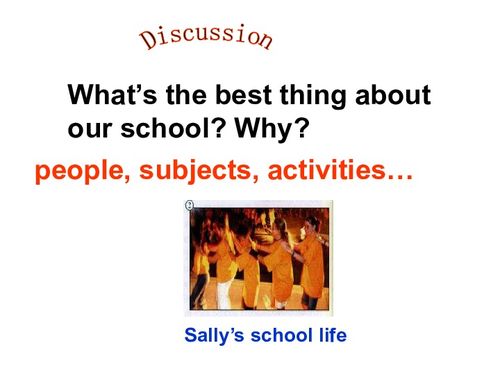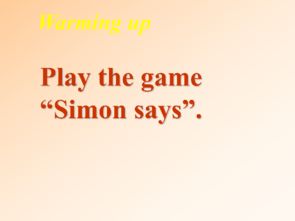
What is Liberal Education by Leo Strauss?
Leo Strauss, a renowned philosopher and political theorist, has made significant contributions to the understanding of liberal education. In this article, we delve into the essence of liberal education as elucidated by Strauss, exploring its dimensions and implications.
Understanding Liberal Education

Liberal education, according to Strauss, is not merely about acquiring knowledge but about cultivating wisdom. It involves the study of great books, engaging with classical texts, and developing critical thinking skills. This education aims to foster intellectual curiosity, moral integrity, and a well-rounded character.
The Core of Liberal Education

At the heart of liberal education lies the study of great books. Strauss believed that these texts, written by ancient philosophers and thinkers, contain timeless wisdom and insights. By engaging with these works, individuals can gain a deeper understanding of human nature, society, and the world.
Table of Great Books in Liberal Education
| Author | Title |
|---|---|
| Plato | The Republic |
| Aristotle | Nicomachean Ethics |
| Thomas Aquinas | Summa Theologica |
| John Locke | Second Treatise of Government |
| Immanuel Kant | Critique of Pure Reason |
The Role of Critical Thinking

Critical thinking is a crucial aspect of liberal education. Strauss emphasized the importance of questioning, analyzing, and evaluating arguments and ideas. This skill enables individuals to discern truth from falsehood and make informed judgments.
Moral and Ethical Development
Liberal education also aims to cultivate moral and ethical values. Strauss believed that studying great books and engaging with philosophical ideas can help individuals develop a sense of justice, compassion, and integrity. This education encourages individuals to think critically about moral issues and make ethical decisions.
The Impact of Liberal Education
The impact of liberal education is far-reaching. It not only enhances intellectual growth but also contributes to personal development and societal well-being. Individuals who have received a liberal education are more likely to be well-rounded, empathetic, and capable of contributing positively to their communities.
Conclusion
In conclusion, Leo Strauss’s perspective on liberal education highlights the importance of studying great books, developing critical thinking skills, and cultivating moral and ethical values. This education aims to foster intellectual curiosity, moral integrity, and a well-rounded character, ultimately contributing to the betterment of individuals and society.






